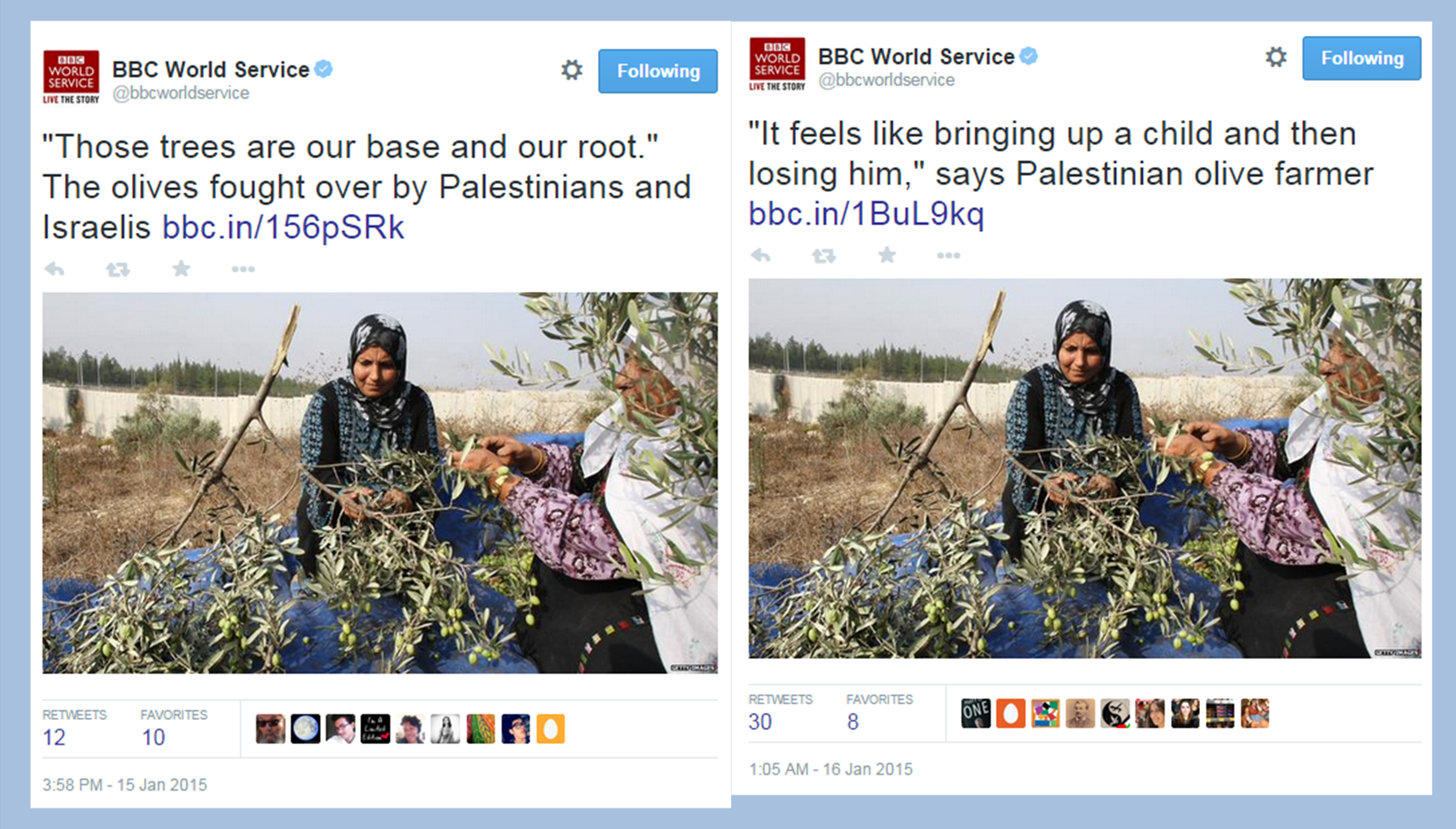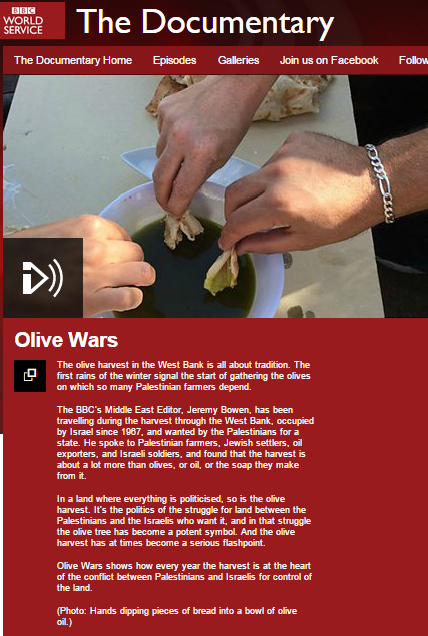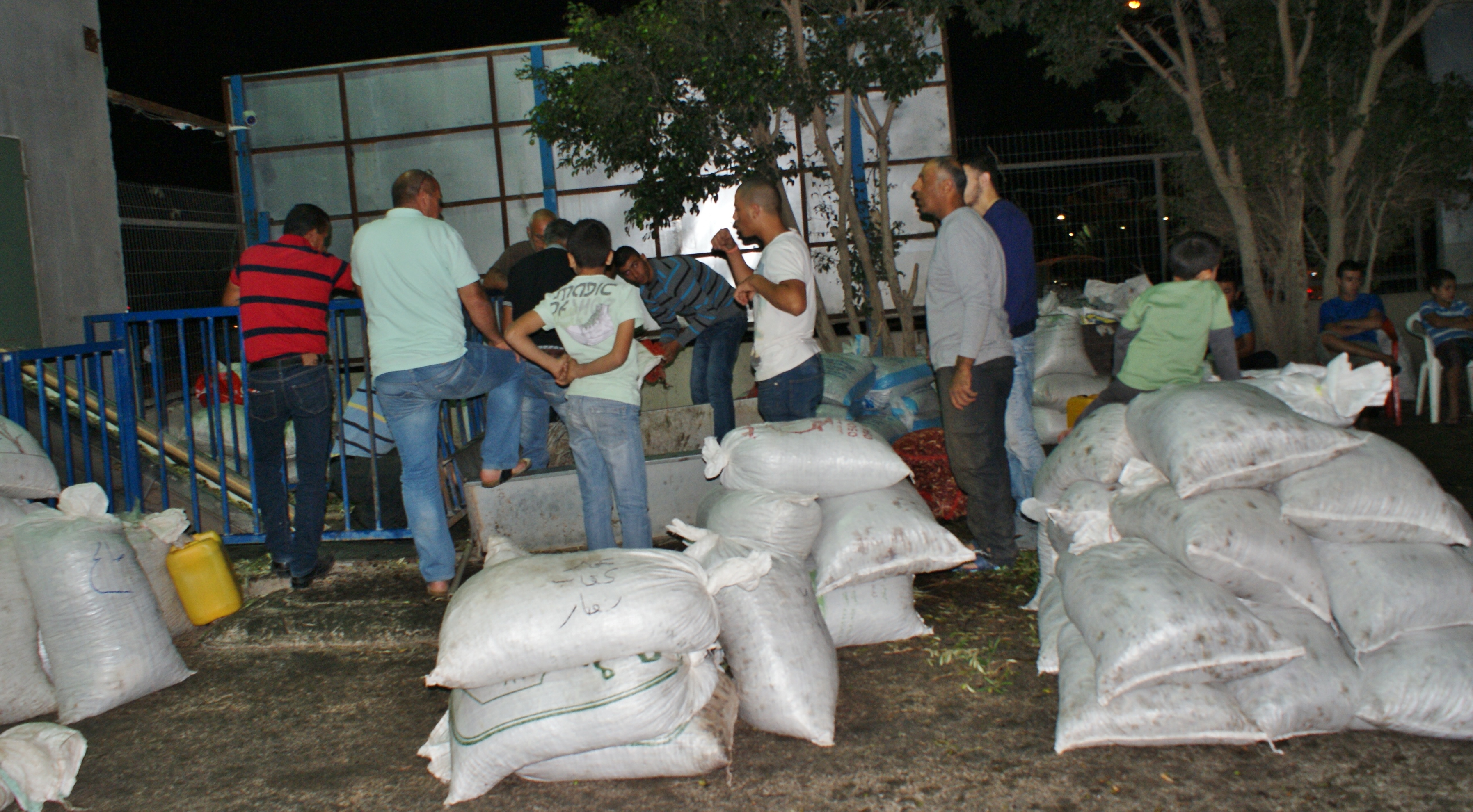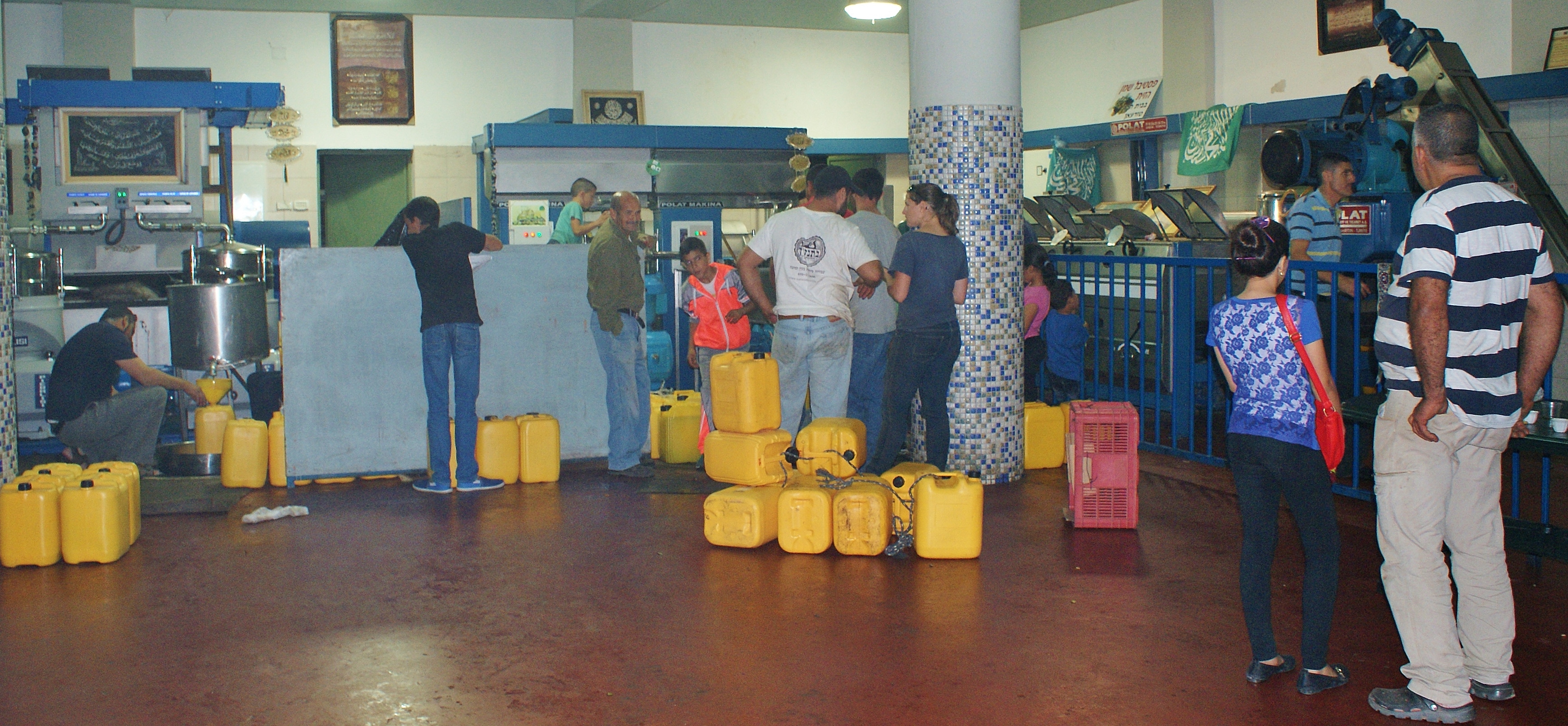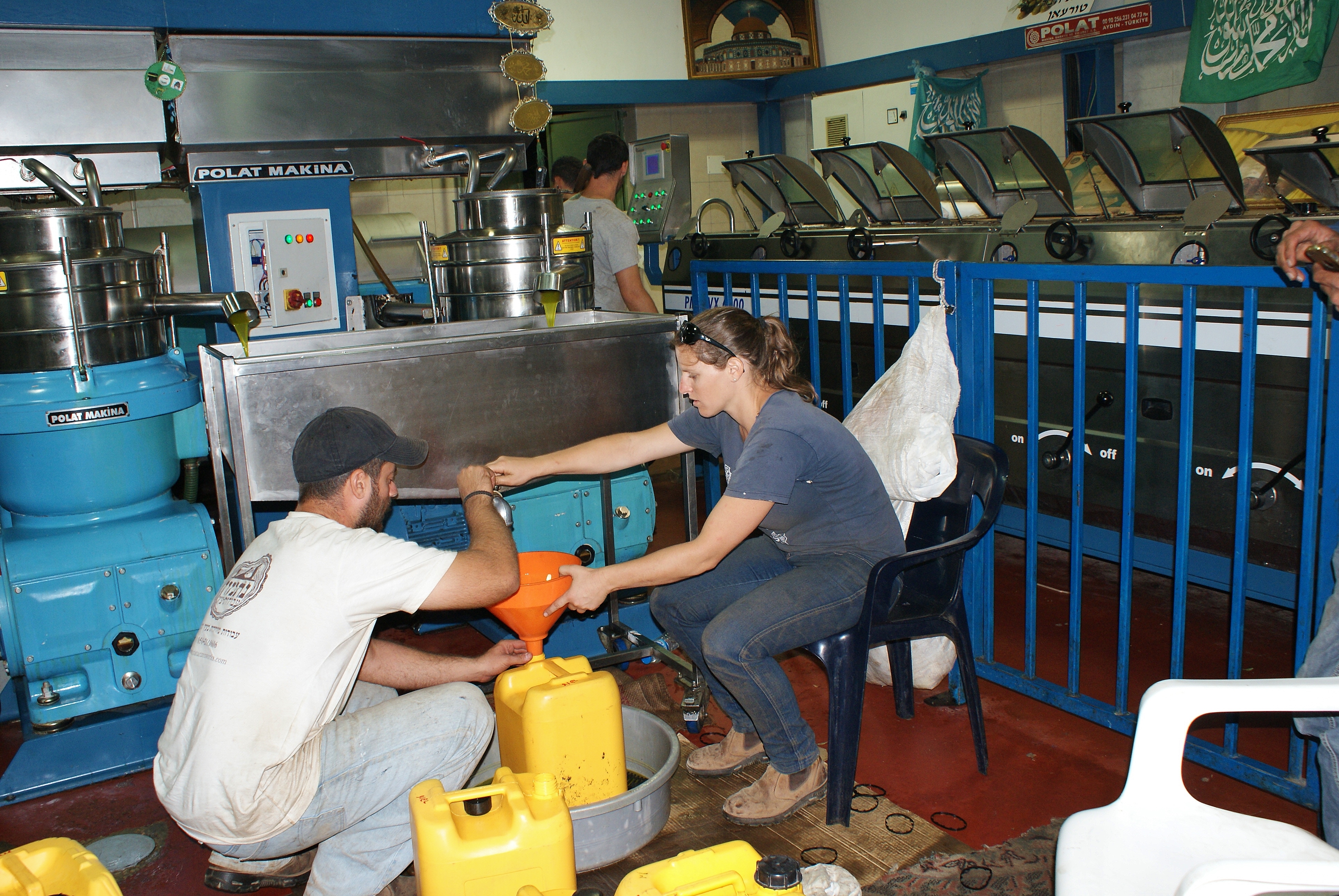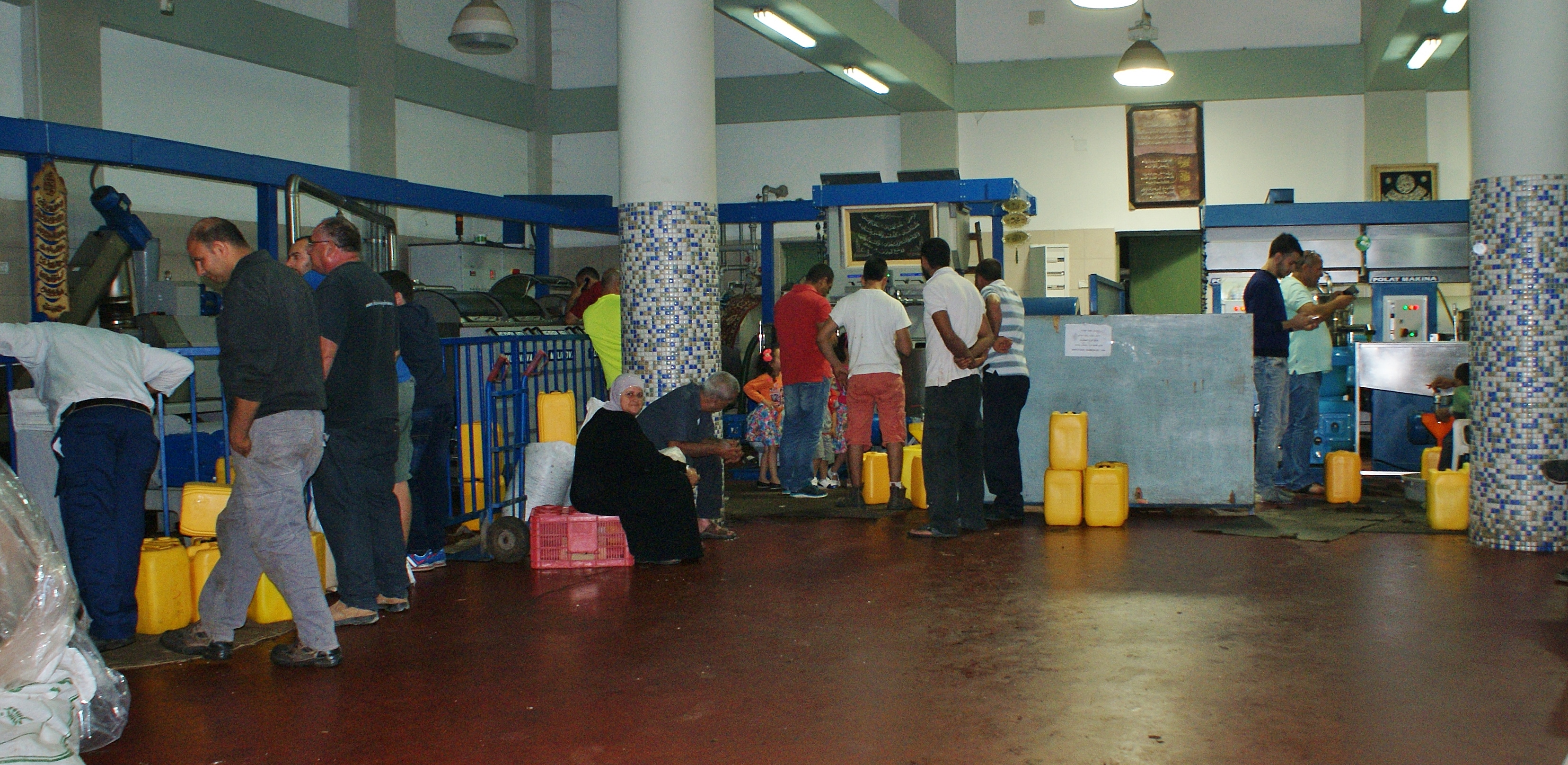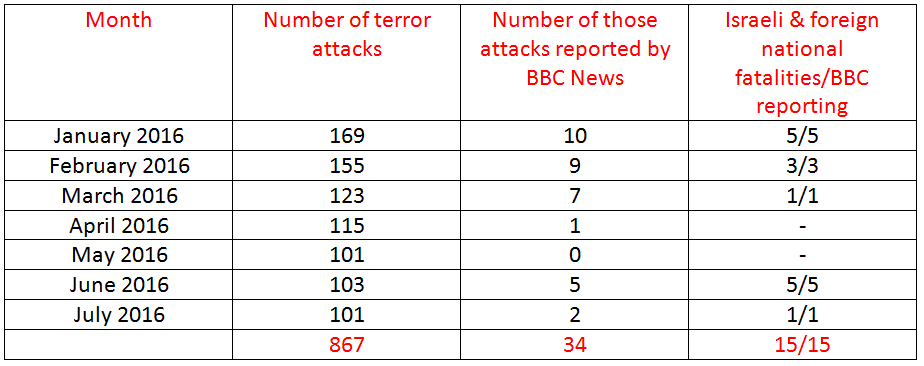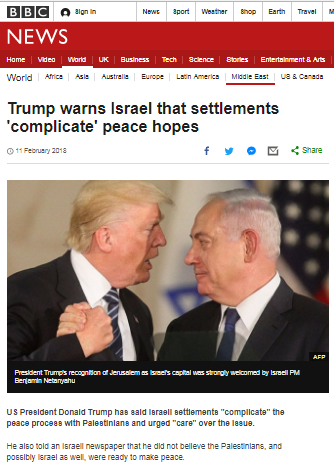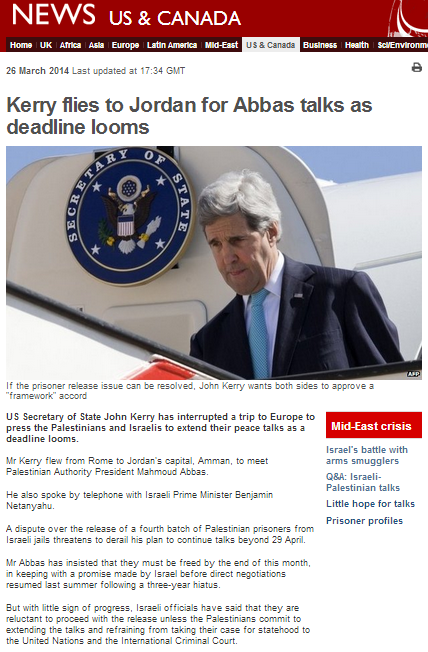In recent days the BBC World Service has sent out the Tweets below.
The January 14th broadcast promoted by means of those Tweets is an edition of BBC World Service radio’s programme ‘The Documentary’ titled “Olive Wars” which is in fact a recycled version of Jeremy Bowen’s programme of the same name broadcast in early December 2014 on BBC Radio 4 which was discussed here. Bowen also produced a written version of his report at the time which was promoted on the BBC News website under the title “Israel and the Palestinians: A conflict viewed through olives“.
As was noted here last month:
“…much of the annual politicization of the olive harvest is attributable in no small part to the mutually beneficial collaboration between Western media outlets and local political actors…”
But there is another side to the story of the olive harvest in the Middle East which Jeremy Bowen and most other Western journalists refrain from telling. This writer and her extended family also pick olives after the first rains every autumn and like many others in the region, we do so not for commercial purposes but in order to ensure a supply of olive oil for the whole family for the coming year.
Once the olives are picked, they have to be transported fairly quickly to a local oil press for processing into oil. There, small family harvesters wait alongside big commercial growers for their turn at one of the pressing machines. At the height of the season the waiting can last for hours and it becomes a social event with coffee, baklawa, pitta bread, labane and za’atar exchanged along with tales from this year’s harvest and speculations about how many liters of oil will finally be taken home.
The photographs below were taken at a press in the Galilee village of Tura’an last October. The clients pictured waiting for their oil come from all sectors of Israeli society: Muslims, Christians, Jews and others. This simple example – just one of many – of the predominant everyday coexistence in Israel is not news for Western journalists and it remains an important part of life in this part of the Middle East about which listeners to Radio 4 and the BBC World Service do not get to hear. The question, of course, is why.

